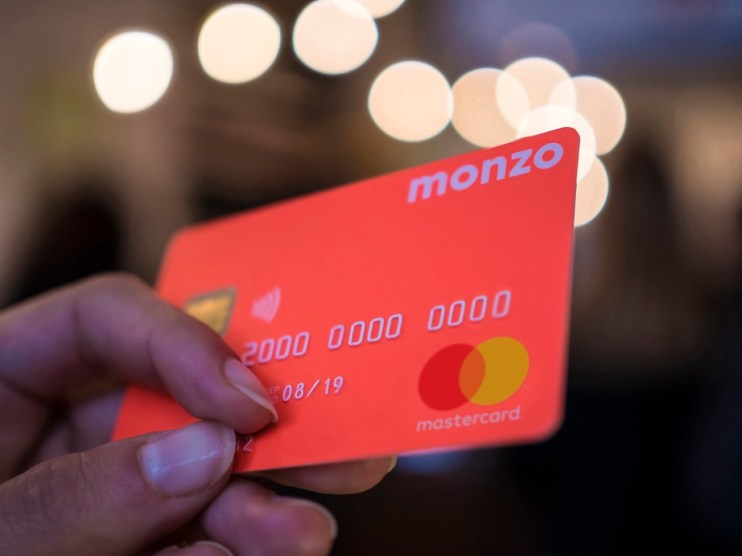Sheakespeare on advertising: Monzo need to make noise to get a hearing

Monzo’s annual report revealed a £114m annual loss – one that, for the second year running, raises “material uncertainty” over its future – and that the bank is under investigation over possible breaches of anti-money laundering laws. So what’s going on-zo? Data from YouGov BrandIndex UK may shine some light on the bank’s fortunes.
While the brand’s Reputation scores (which track whether someone would be proud or embarrassed to work for a bank or building society) took a dive earlier in the pandemic – falling from 8.4 at the start of March 2020 to a nadir of 4.4. (-4), they have since recovered to 7.9 as of late July. Customers are even slightly more likely to report being happy with Monzo compared to March 2020: Satisfaction scores increased from 5.4 to 6.3 (+0.9).
While the bank’s growth hasn’t yet been fast enough to offset its escalating losses, Monzo hasn’t made its customers more unhappy than usual, and it doesn’t seem that unflattering news stories have tanked its public image.
But the data also shows that the challenger brand has taken a hit to its public awareness in some key areas. A look at Ad Awareness (which tracks whether people have seen or heard an advertisement for a particular brand in the previous couple of weeks) shows that between March 1 2020 and July 29, Monzo’s scores fell from 5.5 to 1.8 (-3.7). What’s more, they’ve hovered consistently around this mark for much of the pandemic: over the last year, this score’s peak has been 2.5 (September 9 2020).
The brand running fewer ads may have had an impact on other metrics. Word of Mouth scores fell from 7.8 to 5.5 from March 2020 to July 2021 as well, while Attention scores (which track whether respondents have heard anything about a brand in the past fortnight) halved: falling from 10.0 to 4.9 (-5.1).
Monzo has had far from ideal conditions following executive departures and a devalution of the company. But during the crisis it has been harder for certain companies to get a hearing than it would be under normal circumstances – and it may not be surprising that a bank which has built so much of its appeal on distinctive marketing and PR is struggling in these times.